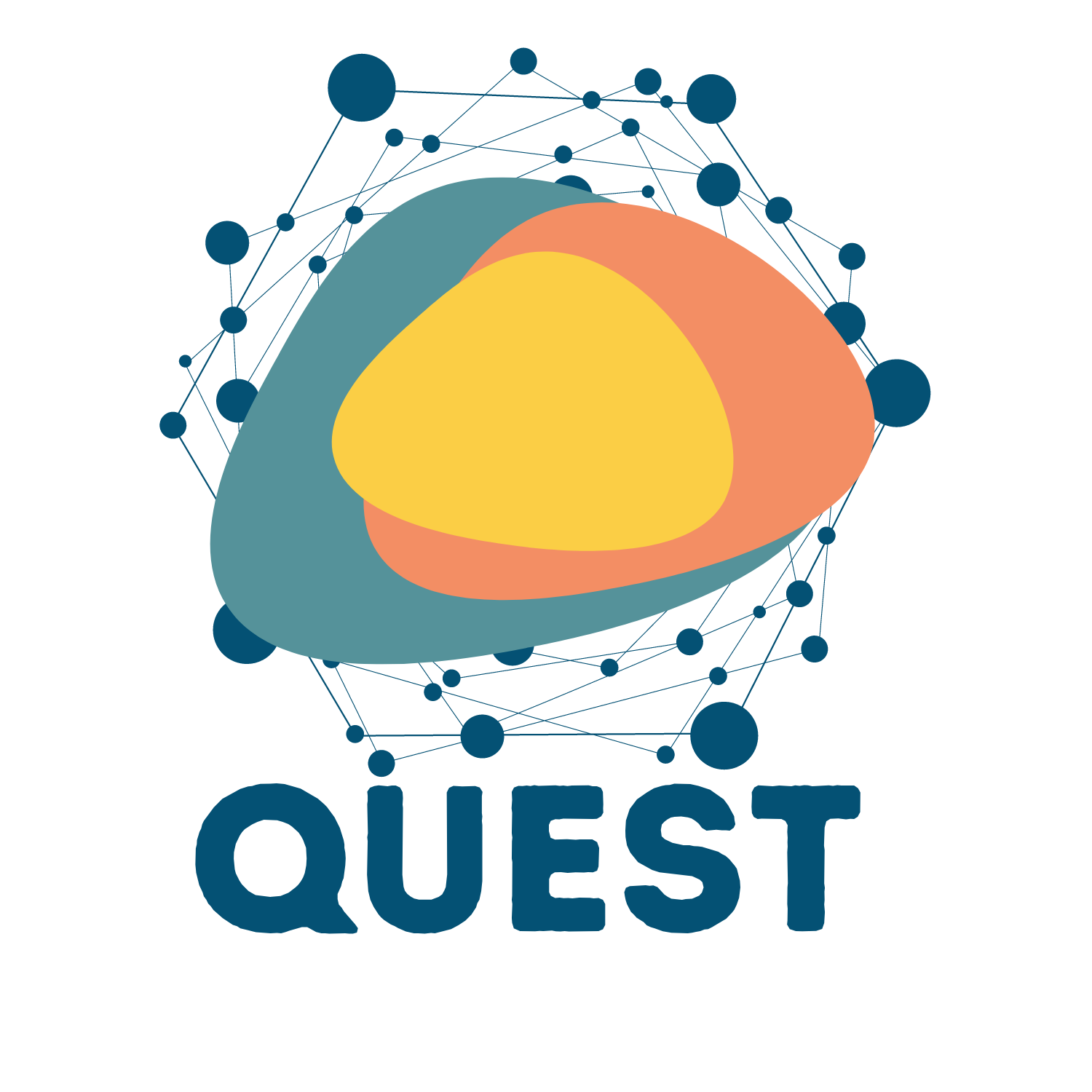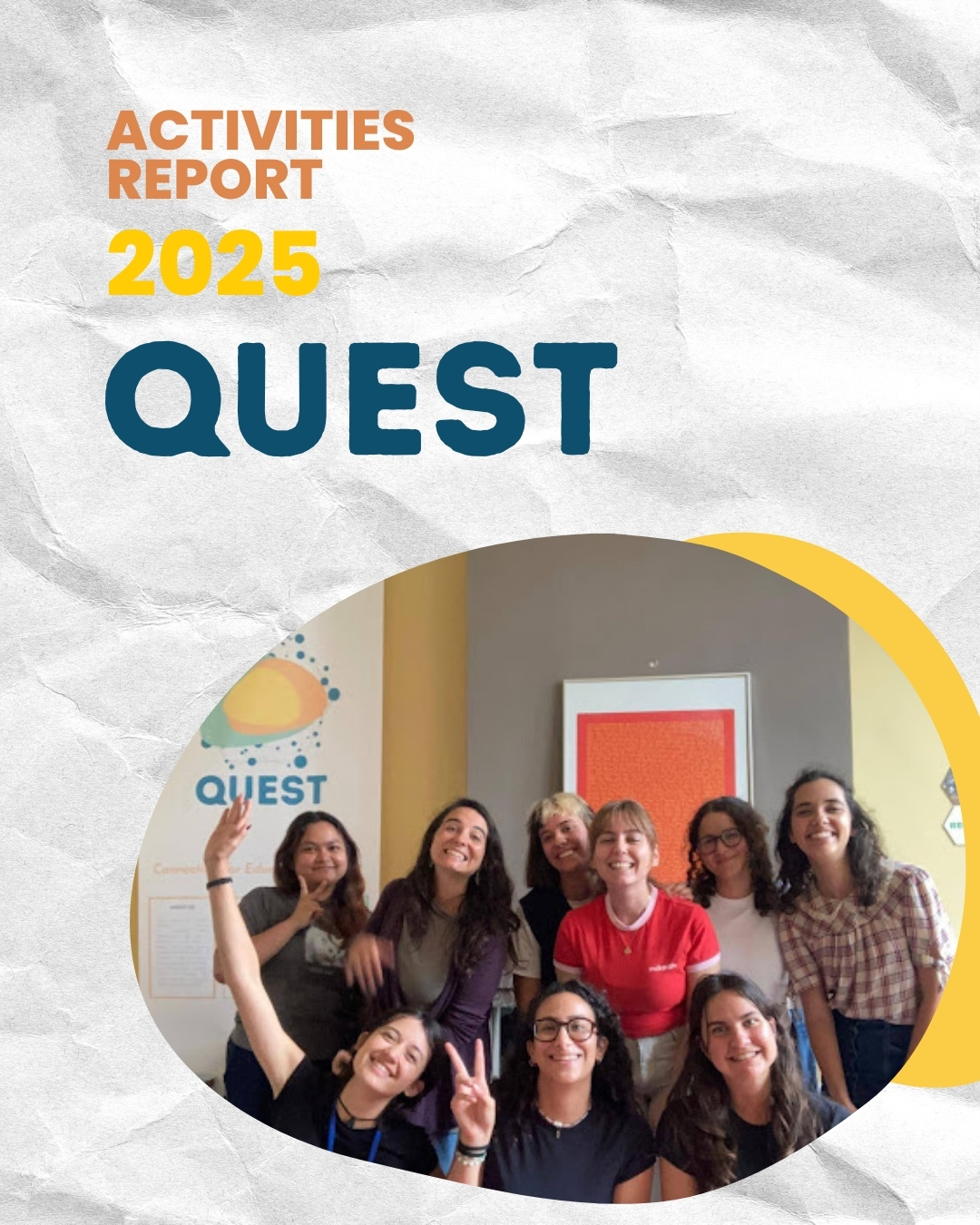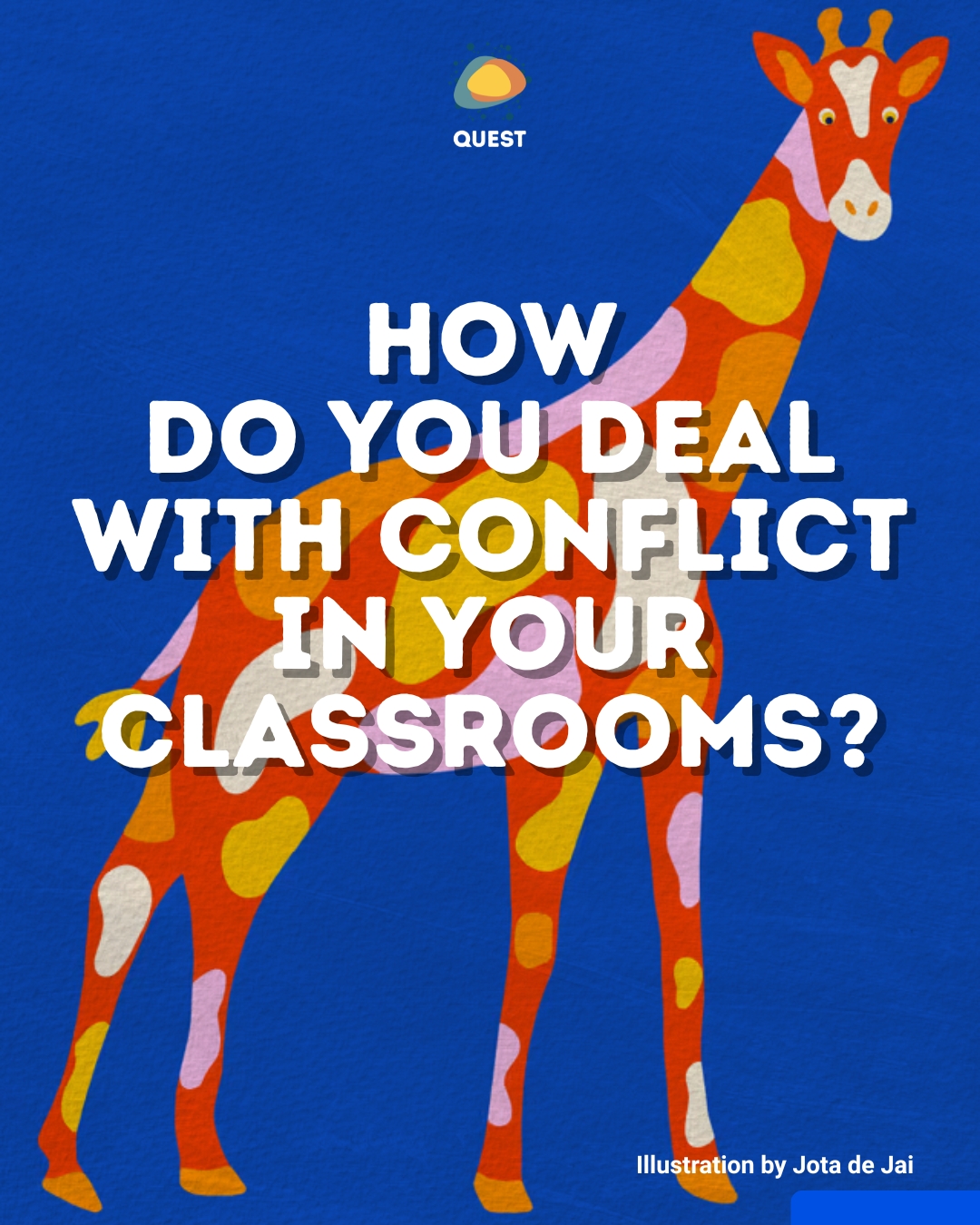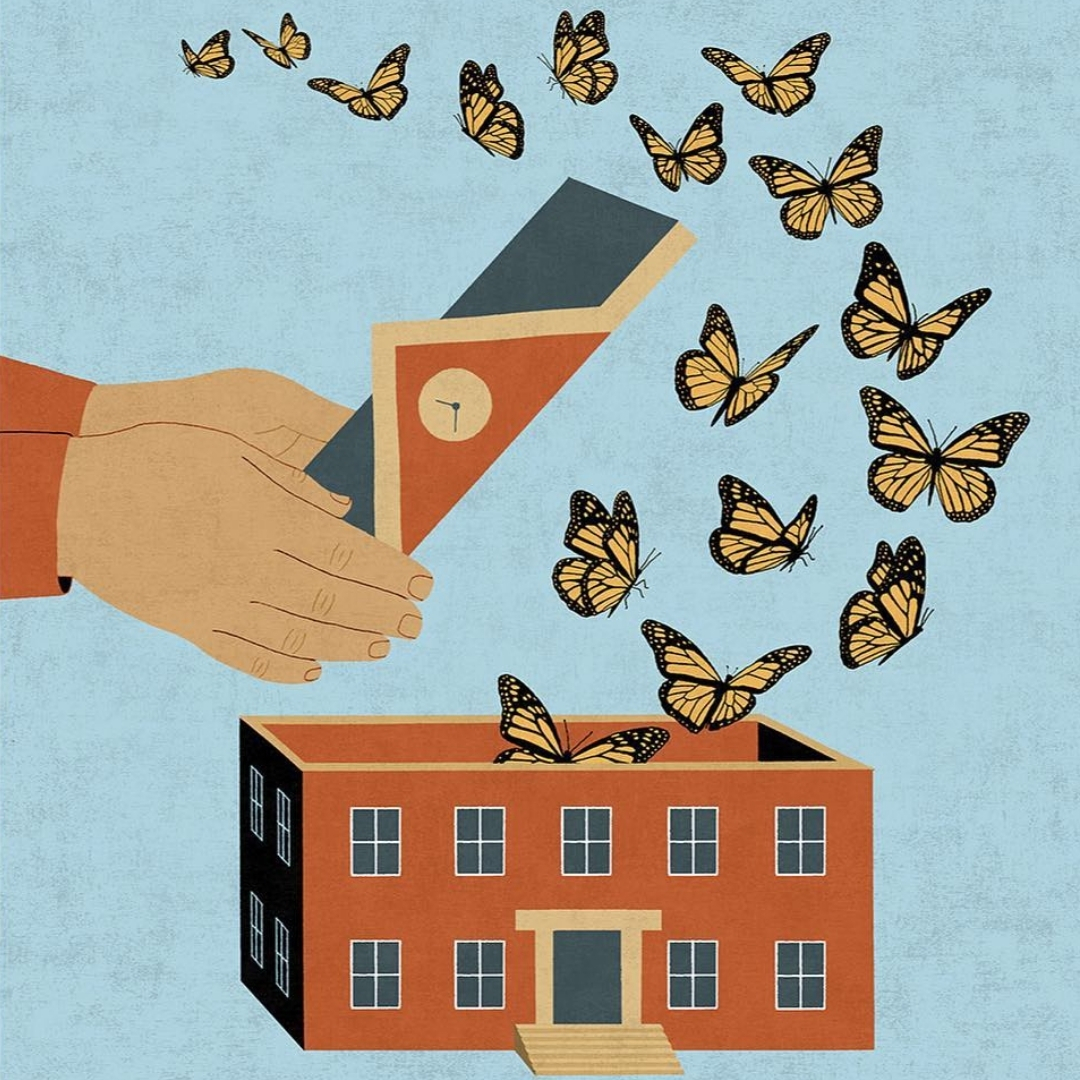On August 7, 2024, Bulgaria passed a resolution amending its education system. Due to these legal changes, it is now prohibited to promote or discuss topics related to the LGBTQIA+ community in schools. The rationale behind these changes? The need to protect children from exposure to “non-traditional sexual orientation, ” the national decision makers say. This decision has sparked significant debate, both domestically and internationally, raising concerns over its potential impact on children’s rights and its alignment with European and international legal frameworks.
Proponents of the legislation argue that it upholds traditional values and protects students from content they consider inappropriate for school settings. However, QUEST, along with numerous human rights organizations and NGOs focused on children’s rights, is concerned that this move may restrict fundamental rights, particularly for LGBTQIA+ students, and create an environment that fosters discrimination and exclusion.

Sofia Pride 2019 – Zahari Baharov – Source: Wikimedia
A ban on children’s rights
Several rights outlined by the United Nations Convention on the Rights of the Child (UNCRC) and EU regulations may be impacted by this decision:
- Non-Discrimination (Article 2, UNCRC)
The principle of non-discrimination guarantees that all children, regardless of their identity or background, should have equal access to their rights. Bulgaria’s new legislation could lead to the marginalization of LGBTQIA+ students by excluding their identities from the education system, violating this fundamental principle of equality.
- Right to Freedom of Expression (Article 12, UNCRC)
Article 12 of the UNCRC emphasizes that children have the right to express their views freely in all matters affecting them. Limiting discussions on gender identity and sexual orientation restricts children’s ability to explore and understand these important concepts, thereby infringing on their right to express themselves and participate in conversations that impact their lives.
- Right to Education (Article 28, UNCRC)
The right to education includes the obligation to provide a learning environment that promotes well-being, understanding, living together and equity. Excluding LGBTQIA+ topics undermines efforts to foster an inclusive educational environment and limits the development of respectful, diverse, and informed perspectives among students.
- Mental and Emotional Well-being (Article 24, UNCRC)
The convention also recognizes the importance of children’s mental health and well-being. Experts in child development have often linked inclusive education, where all identities are acknowledged and respected, with better emotional and psychological outcomes for marginalized youth, including LGBTQIA+ students.
Rise of Anti-LGBTQIA+ Sentiment in Education:
Focus on Italy and Hungary
This trend in Bulgaria is not an isolated case in the EU. Both Hungary and Italy have introduced or considered similar measures. In 2021, Hungary had already passed a law banning the promotion or portrayal of homosexuality and gender transition among minors under 18. It prohibits the inclusion of LGBTQI-related content in school education, media, and advertisements aimed at children. As a consequence, schools are restricted from teaching about gender diversity, sexual orientation, or LGBTQIA+ rights. In the past years, Italy has seen a rise in narratives emphasizing traditional family values, which have started to influence education policy, as shown in the case of the recent “motion Sasso” aiming at introducing guidelines to ban any topic in school linked to the so-called ‘gender ideology’. These measures raise concerns about the future of children’s rights across Europe.
European Union’s Values and Policy Responses
The European Union has taken steps to promote equity and non-discrimination, including through its LGBTIQ+ Equality Strategy 2020-2025, which encourages member states to ensure equal treatment and protection for all citizens, including in educational settings. The EU promotes tolerance, inclusion, and respect for diversity in education, but it operates with supportive competence. This means that any laws passed at the EU level are only recommendations for member states, which have the authority to shape their own education systems. As a result, while the EU encourages practices that embrace diversity, some national systems may choose to follow different approaches, leading to conflicts between EU recommendations and national legislation
To tackle these challenges, the EU could strengthen support for inclusive education policies and collaborate with member states to ensure their laws meet broader human rights standards. However, the balance between national sovereignty and EU-wide policies remains a delicate issue, and addressing these concerns may require continued dialogue among policymakers, educators, and civil society.
QUEST calls for Dialogue and Inclusion
As Europe faces ongoing challenges regarding the role of education in promoting inclusive and democratic values as well as protecting children’s rights, it is essential to ensure that all voices, including those of marginalized communities, are heard.Quest wants to drive the attention on the serious threats that the LGBTQIA+ community is facing in the light of these restrictions, and on the climate of fear and threats that these bans also generates. QUEST wants to reaffirm that education should remain a space of learning, respect, and dignity for all students. By prioritizing the rights and perspectives of LGBTQIA+ youth, we can work toward an educational environment that truly reflects and supports the diversity of our societies




